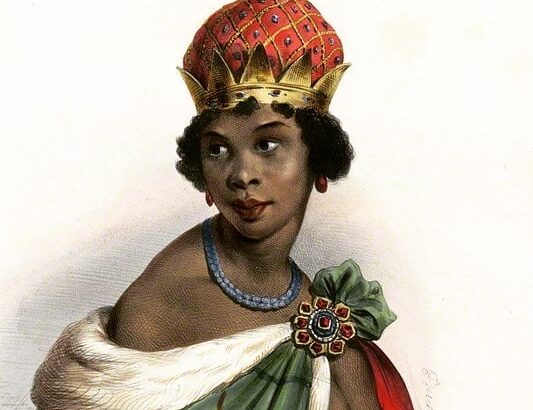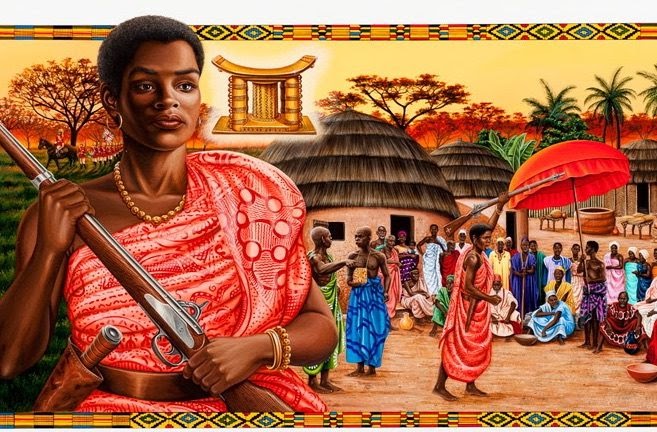 Nzinga Mbande
Nzinga Mbande
Female freedom fighters played a crucial role in the anti-colonial movement. Despite facing numerous challenges, their contributions were significant. These women fought bravely for independence and justice, often working behind the scenes while making substantial impacts.
The Importance of Female Freedom Fighters
Women in the anti-colonial movement were often the backbone of resistance. They organized protests, provided essential support, and inspired others to join the cause. Their efforts were vital in challenging colonial powers and achieving independence. They showed that resistance was about physical battles, strategy, morale, and unwavering determination.
Stories of Brave Female Freedom Fighters
Nzinga Mbande
Nzinga Mbande was a queen of the Ndongo and Matamba Kingdoms in Angola. She was a fierce leader who resisted Portuguese colonization. Nzinga led her people in battles and negotiated with foreign powers to protect her kingdom. She employed guerrilla tactics and formed strategic alliances, showcasing her adeptness in both diplomacy and warfare. Nzinga’s legacy is one of resilience and clever political maneuvering, which continues to inspire to this day.
Funmilayo Ransome-Kuti
Funmilayo Ransome-Kuti was a Nigerian women’s rights activist and a key figure in the anti-colonial movement. She led protests against British colonial rule and fought for women’s rights. Funmilayo’s efforts helped pave the way for Nigeria’s independence. She organized and led the Abeokuta Women’s Union, which was instrumental in challenging unfair taxes and colonial policies. Her activism extended beyond national boundaries, as she engaged with international organizations to advocate for women’s rights and decolonization.
Yaa Asantewaa
Yaa Asantewaa was the queen mother of the Ashanti Empire in present day Ghana. She led the Ashanti rebellion against British colonial forces in 1900. Her leadership and courage in battle were pivotal in the resistance efforts. Yaa Asantewaa’s determination to defend her people and their culture against colonial oppression remains a powerful symbol of resistance and empowerment.
Lilian Ngoyi
Lilian Ngoyi was a South African anti-apartheid activist and one of the leaders of the Women’s March in 1956. She was also the first woman elected to the executive committee of the African National Congress. Ngoyi’s activism and speeches inspired many to join the fight against apartheid, and her efforts contributed to the eventual dismantling of the oppressive system.
The Legacy of Female Freedom Fighters
The contributions of these brave women have left a lasting impact. They not only fought for their countries’ freedom but also championed gender equality. Their stories continue to inspire future generations to stand up for justice and equality. The legacies of these women are celebrated through various means, including monuments, literature, and public commemorations, ensuring that their sacrifices and achievements are never forgotten.
Challenges Faced by Female Freedom Fighters
While their contributions were significant, female freedom fighters faced numerous challenges. They had to overcome gender biases and often operated in male-dominated environments. Despite these obstacles, they persisted and made remarkable strides. Their ability to navigate these challenges and still make substantial impacts highlights their resilience and determination.
Conclusion
Female freedom fighters were the unsung heroes of the anti-colonial movement. Their bravery and resilience played a crucial role in achieving independence. These women deserve recognition and appreciation for their significant contributions. By honoring their stories, we ensure that their legacies continue to inspire and empower future generations









